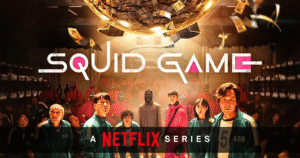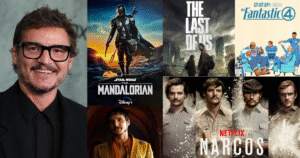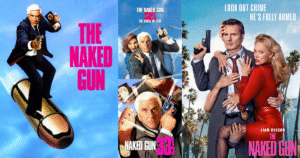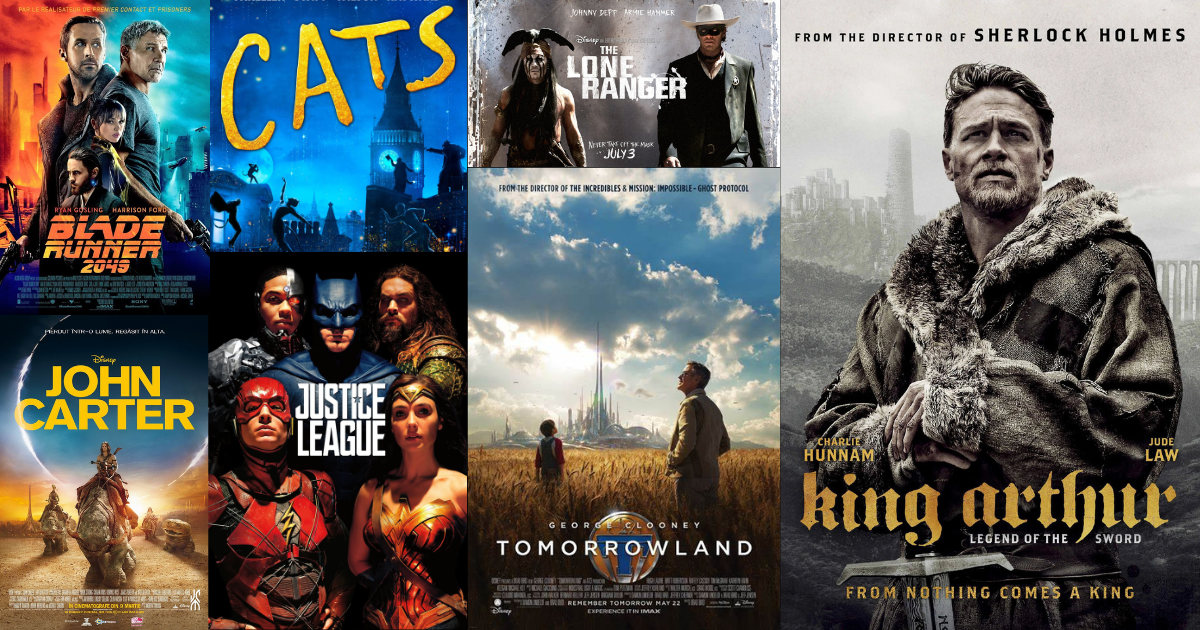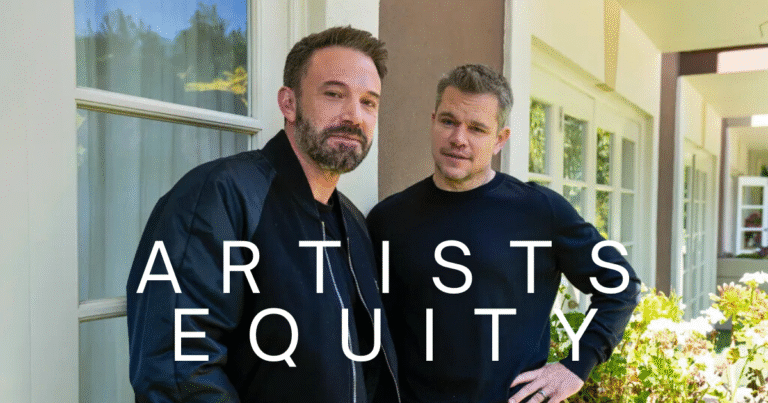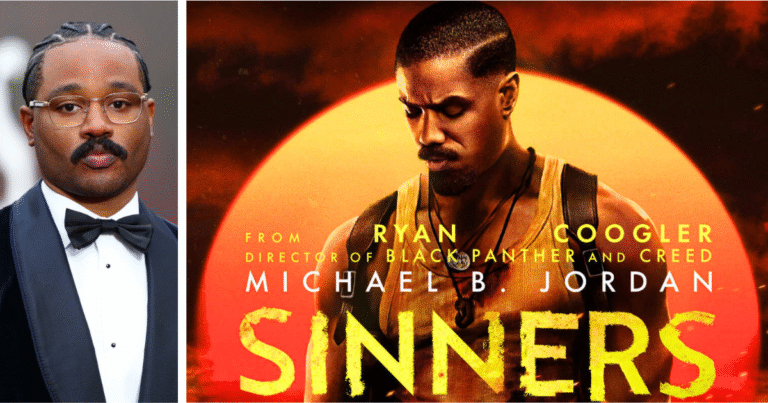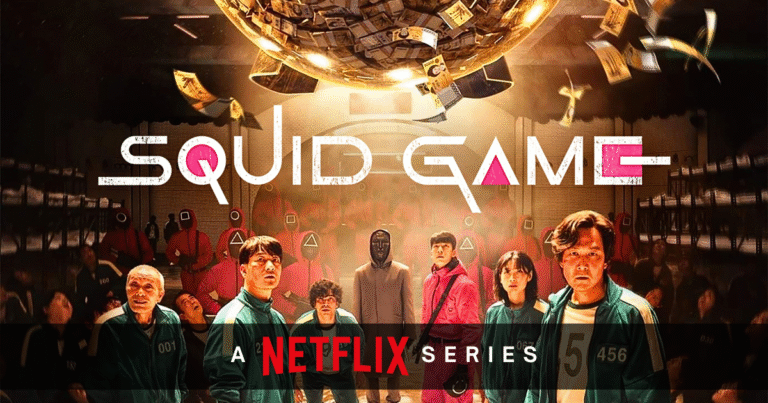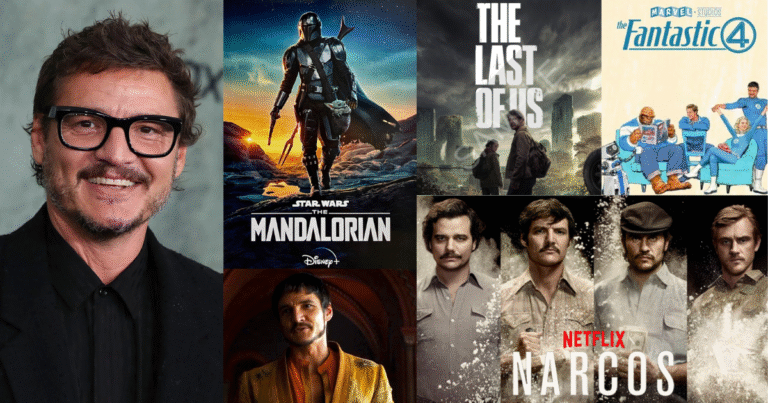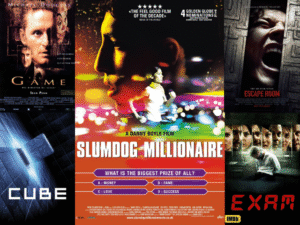Let’s be honest, not every big-budget movie becomes a blockbuster. Some crash and burn, losing millions of dollars and leaving studios, stars, and audiences scratching their heads. But what actually causes a film to flop at the box office?
The truth is, movie failures are rarely the result of one bad decision. It’s usually a mix of poor timing, weak scripts, miscasting, bad marketing, or sometimes just plain bad luck. In this article, we’ll explore the main reasons why movies flop and take a look at some of the most infamous box office disasters of all time.
Whether you’re a film lover, a curious viewer, or someone working in the industry, understanding why movies fail can be just as interesting as understanding why they succeed.
The Budget-Box Office Trap
One of the most common ways a movie flops is by spending too much on production and marketing and failing to earn that money back. It’s not enough to break even, studios often need to double their investment just to turn a profit.
Take John Carter (2012) for example. Disney spent around $250 million making it and another $100 million marketing it. The film made just over $280 million worldwide. Sounds like a lot, but in Hollywood math, it was a huge loss.
Big budgets create big expectations. If the opening weekend is weak, studios panic and audiences lose interest fast.
Poor Marketing or the Wrong Message
A great movie can still flop if no one knows about it, or worse, if they misunderstand what it’s about. Marketing plays a major role in setting the tone and getting audiences excited.
Blade Runner 2049 (2017) received strong reviews and had a dedicated fanbase, but it underperformed at the box office. Some blame the vague marketing campaign, which avoided spoilers but failed to connect with a wider audience. It looked beautiful but left many confused about what the movie was really about.
On the flip side, some trailers reveal too much. If a film’s twists or best scenes are spoiled in the trailer, people may feel there’s no reason to watch it in theaters.
Bad Reviews and Word of Mouth
Critics don’t always decide the fate of a film, but when early reviews are terrible, it can scare away potential moviegoers, especially for original films or genres that aren’t sure bets.
Cats (2019) is a perfect example. Despite its star-studded cast and major hype, it quickly became a laughingstock after preview screenings. Reviews were brutal, memes exploded, and the movie became more of a punchline than a must-watch. It’s hard to bounce back from that kind of negative buzz.
Word of mouth spreads even faster today. Audiences trust online reviews, social media reactions, and fan opinions more than ever.
Miscasting or Poor Direction
Sometimes a movie has a decent script, but things fall apart during casting or direction. If the lead actor doesn’t fit the role, or if the film lacks strong vision from the director, it can affect the entire project.
The Lone Ranger (2013), starring Johnny Depp and Armie Hammer, had everything going for it on paper, a famous brand, a big star, and a big budget. But many questioned the casting of Depp as a Native American character, and the tone of the film felt all over the place. Audiences didn’t connect with it, and the film tanked hard.
Audience Fatigue and Timing
Sometimes movies flop because they come out at the wrong time. If they’re released alongside a major franchise film or during a crowded season, they may get ignored, even if they’re good.
Audience fatigue is real too. When too many similar movies come out in a short span, think superhero movies, reboots, or disaster flicks, people get tired of them. Studios sometimes forget that even fans need a break.
King Arthur: Legend of the Sword (2017) was part of a planned franchise, but by the time it was released, medieval fantasy films had lost their shine after the peak of Game of Thrones. The movie didn’t connect with enough viewers to justify its enormous budget.
Too Much Studio Interference
Creative decisions made by committee can ruin a movie. When studios step in to change the script, reshoot major scenes, or alter the ending based on test audiences, the final product can feel messy or soulless.
Justice League (2017) is a famous case. After director Zack Snyder stepped away, Joss Whedon was brought in for reshoots and edits. The result was a clunky mix of tones and unfinished CGI that disappointed fans and critics alike. A later director’s cut (Zack Snyder’s Justice League) proved there was a much better movie hidden inside, but by then, the damage was done.
Original Ideas Are Risky
Audiences often say they want new and original stories, but those don’t always translate to ticket sales. While sequels and franchises offer some safety for studios, original films can be hit or miss.
Tomorrowland (2015), inspired by a Disneyland attraction, had bold ideas and strong visuals, but it struggled to find its target audience. It was too serious for kids and too whimsical for adults. Without a clear identity, it flopped.
The sad truth is that originality in film doesn’t always equal success, especially when people are unsure what to expect.
Lessons From Famous Flops
Even the biggest failures can teach us something about storytelling, audience preferences, and market trends.
What we learn from flops is that success isn’t just about money or star power. It’s about connection. Great movies tap into something human, relatable, and emotional. If a film misses that, no matter how good the trailer looks or how expensive the set is, it might not survive.
Final Thoughts
So, why do movies flop? It’s never just one reason. Timing, marketing, reviews, budget, and audience mood all play a role. Even with the best intentions, things can fall apart. But each box office failure gives us insight into how the movie business works, and what makes people buy a ticket.
Next time you hear about a film that “crashed at the box office,” don’t just assume it was a bad movie. It might have been the right story at the wrong time, or a good idea that got lost in execution.
At the end of the day, even box office disasters are part of the bigger story of cinema.
